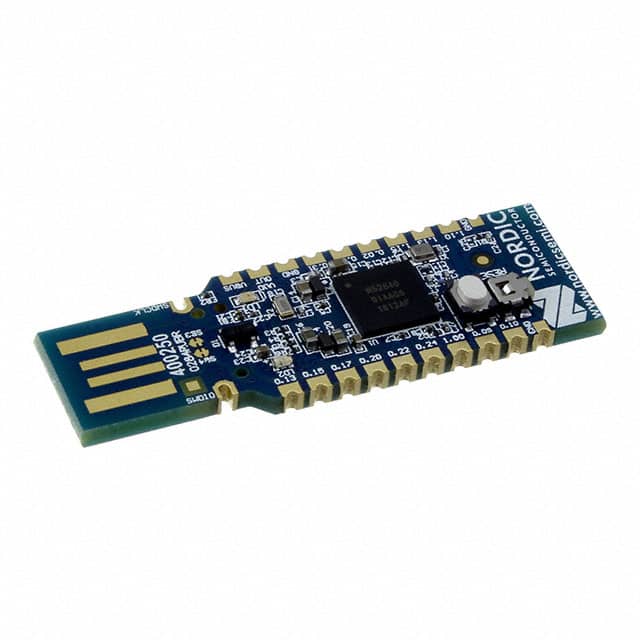Consumer Robots
Find robots by their name, purpose, creator, or launch date
Delivery & Logistics Robots
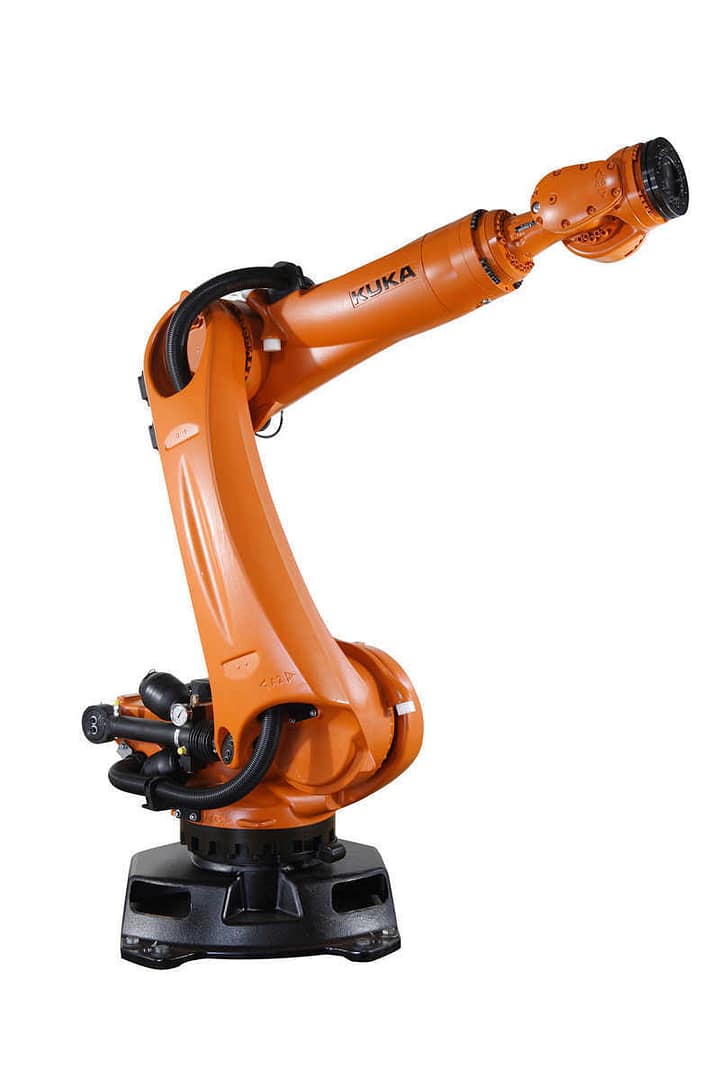
Throughout the early 20th century, KUKA diversified from welding systems to municipal vehicles, portable typewriters (“Princess”), and other mechanical innovations.

LocusBot is a versatile, user-centric autonomous robot platform tailored to optimize warehouse logistics. Powered by the LocusOne intelligence system, its modular fleet—Origin, Vector, and Max—delivers flexible payload configurations, intuitive interfaces, and seamless scaling. Used by global enterprises in logistics, retail, and e-commerce, it consistently delivers tangible gains in throughput, safety, and cost-efficiency.
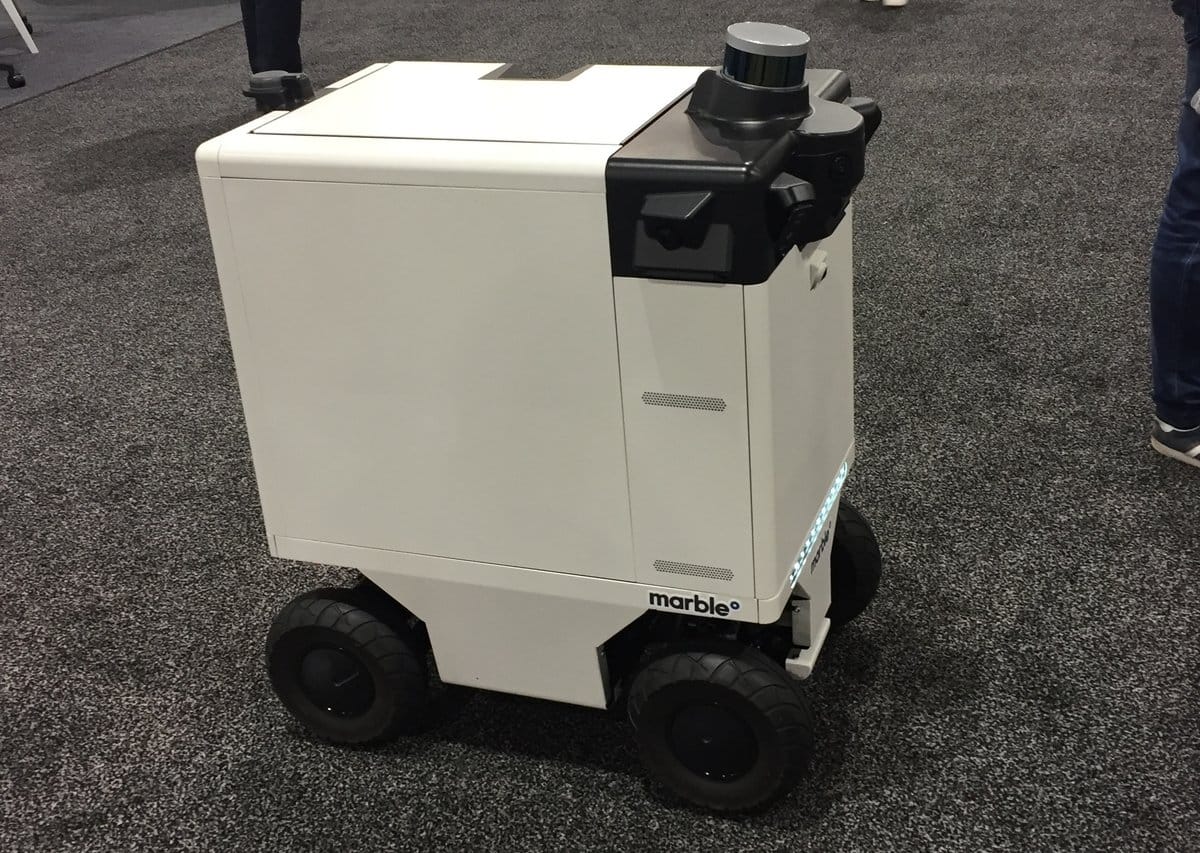
Their work laid the groundwork for later ventures like Starship, Nuro, and others, particularly in understanding sidewalk behavior, pedestrian trust, and regulatory response.
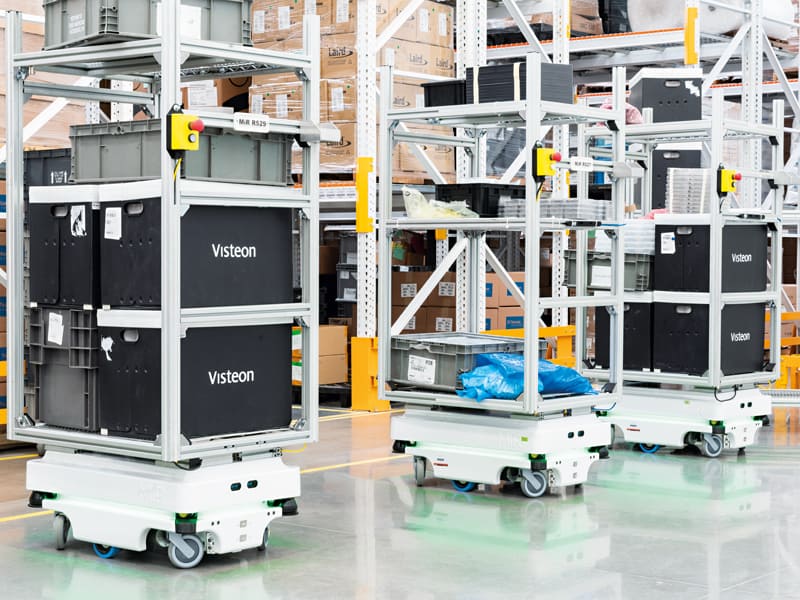
MiR robots are engineered to navigate autonomously through dynamic environments without the need for external guidance systems like wires, magnets, or QR codes. Utilizing advanced technologies such as laser scanners, 3D cameras, and sophisticated software algorithms, these AMRs can safely maneuver around obstacles, avoid collisions, and adapt to changes in their surroundings in real time.
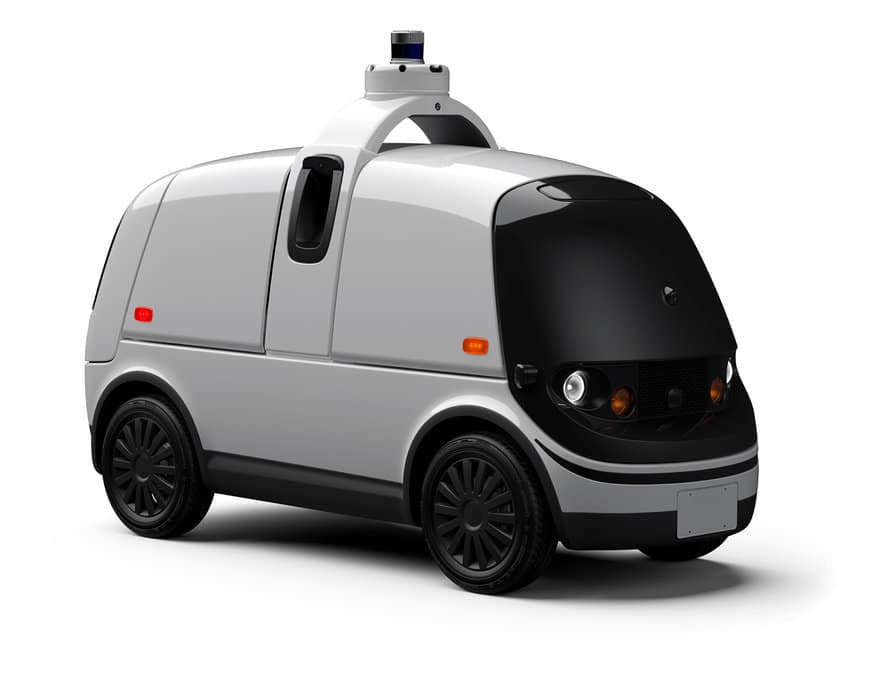
The Nuro R2 is a fully autonomous, zero-occupant delivery vehicle designed and built from the ground up by Nuro, a robotics and artificial intelligence company founded in 2016 by former Google engineers Dave Ferguson and Jiajun Zhu. As the second-generation model in Nuro’s lineup, the R2 is a purpose-built vehicle engineered specifically for last-mile delivery of goods such as groceries, prescriptions, takeout meals, and other small packages — without ever carrying passengers.
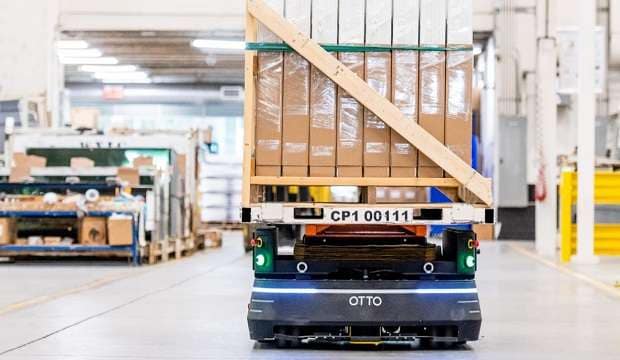
OTTO Motors is a pioneer in AMR-driven factory automation—offering versatile robots that run in parallel with human workers, without requiring fixed infrastructure changes. Their autonomy software, reliability, and proven productivity improvements make them a preferred choice for enterprise deployments at scale across sectors like automotive, aerospace, consumer goods, and food & beverage.
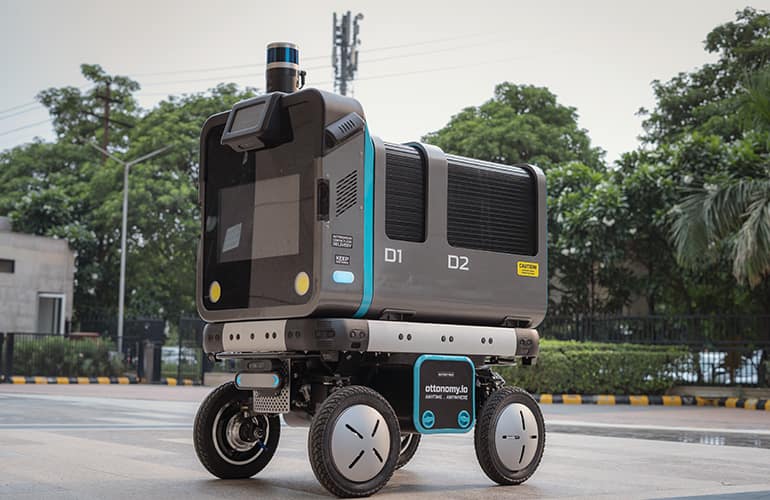
Ottonomy Inc., founded in 2020 in Santa Monica, CA, focuses on fully autonomous robots for contactless delivery in varied environments such as airports, retail, healthcare, and urban last-mile logistics
ts mission is to help enterprises address labor shortages, enhance efficiency, and reduce delivery costs using robotics-as-a-service (RaaS) models

Serve is recognized not just for its hardware, but also for its thoughtful human-centric design. With a unique user interface, visual personality, and socially-aware navigation, it reimagines how delivery robots can become trusted, unobtrusive urban neighbors instead of sources of friction
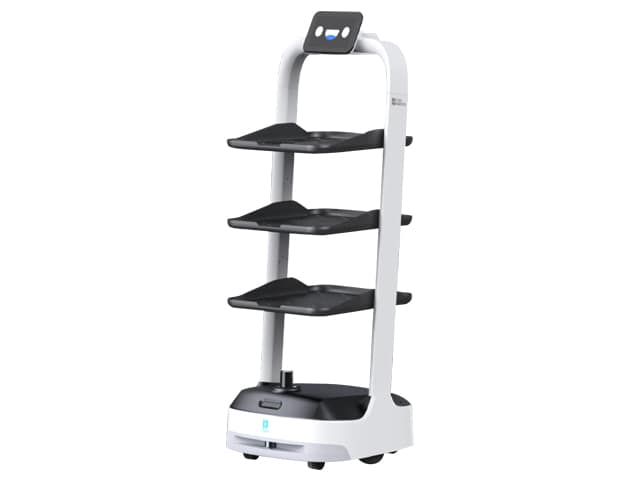
The original PuduBot, launched around 2017, delivered trays of food and goods indoors using proprietary SLAM-based navigation. In July 2022, the PuduBot 2 was introduced as an upgraded “universal delivery robot”—featuring enhanced sensors, better environmental adaptability, improved battery life, and support for multiple delivery tasks.
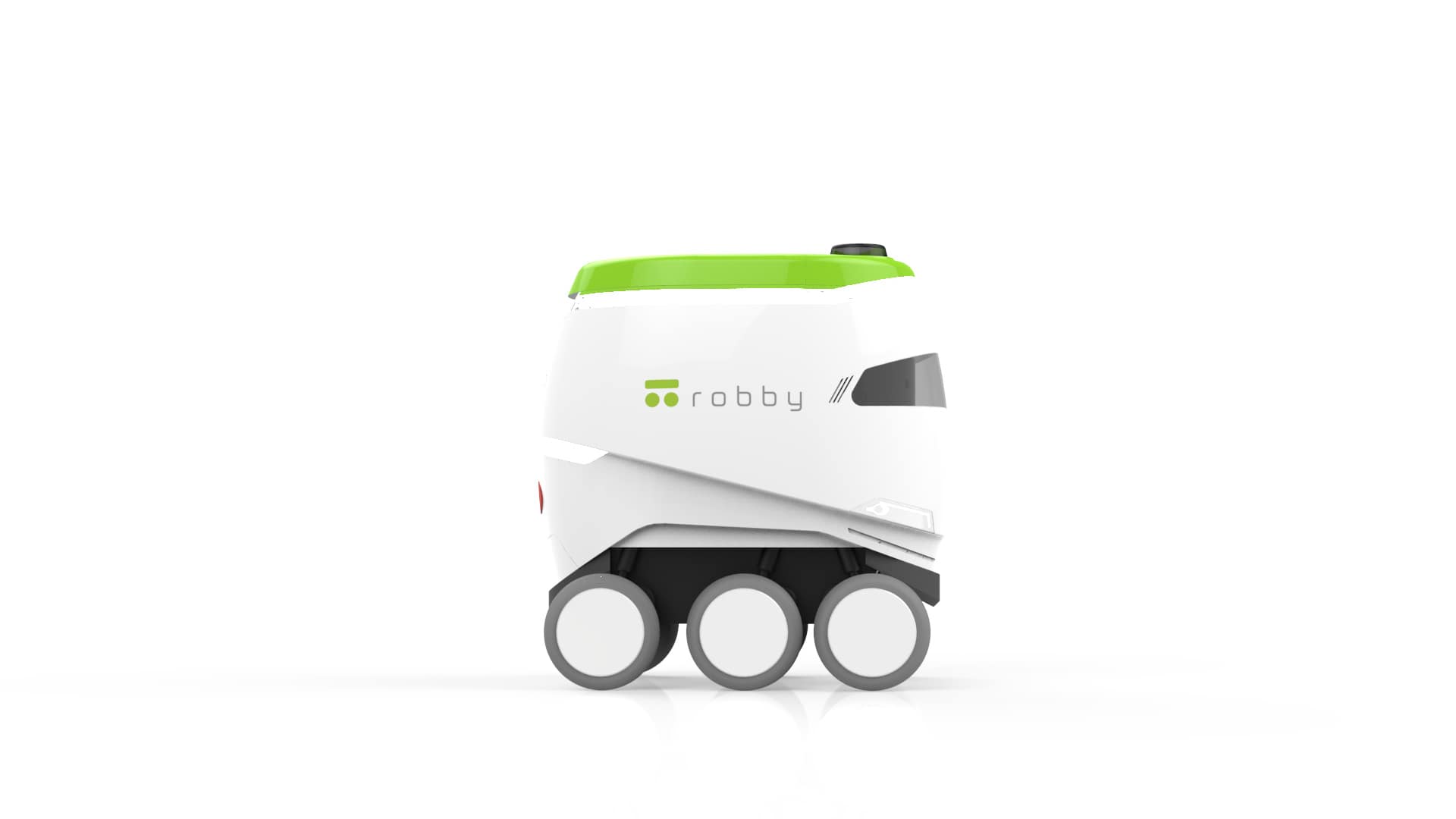
Robby 2 advanced last-mile robotics with improved autonomy, ruggedness, and user engagement—positioning Robby Technologies as a strong early contender in the self-driving delivery space alongside peers like Starship and Marble.
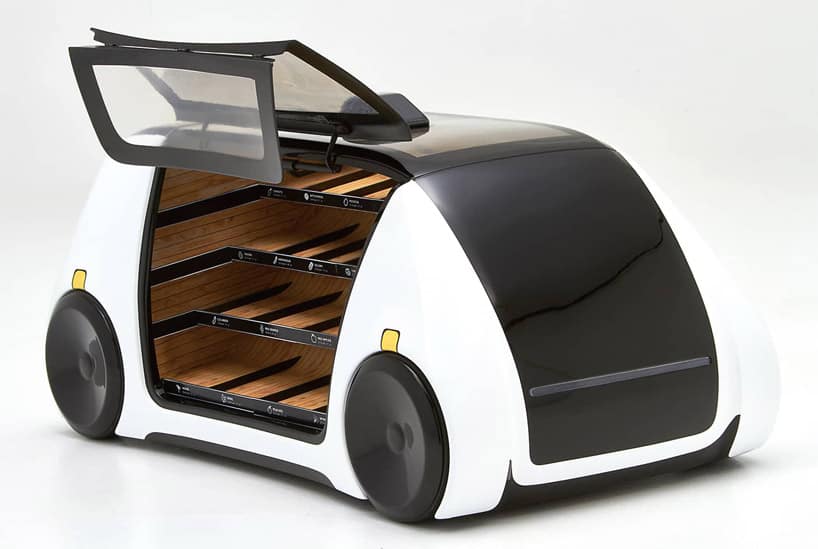
Robomart is a U.S.-based robotics and retail-tech company founded in 2018 and headquartered in Santa Monica, California. Its core innovation is the “store-hailing” concept: instead of ordering products online or visiting a brick-and-mortar store, users tap an app and hail a fully‑equipped mobile mini‑store that drives to their location.
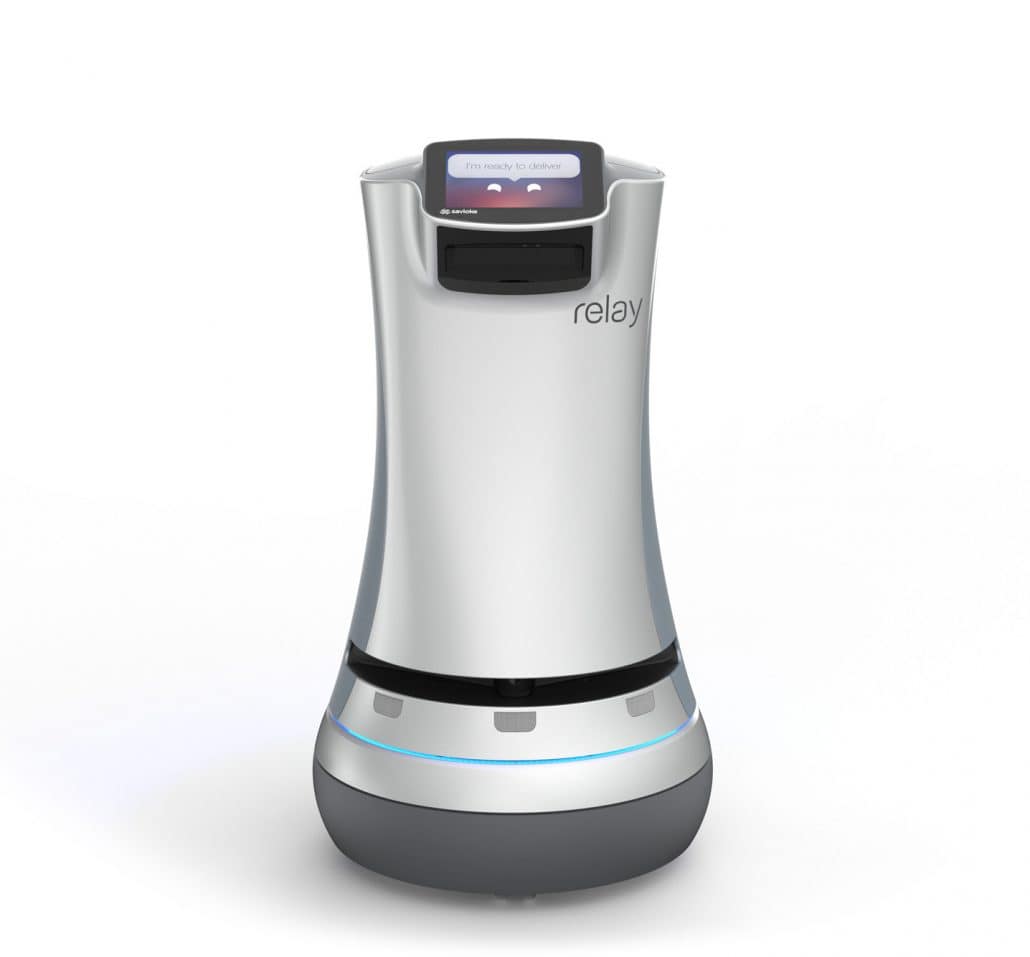
Savioke Relay is a proven indoor delivery bot capable of navigating real-world environments, handling elevator logistics, and integrating into existing workflows. Its friendly design, remote management, and scalable RaaS model make it a leading solution in service robotics.
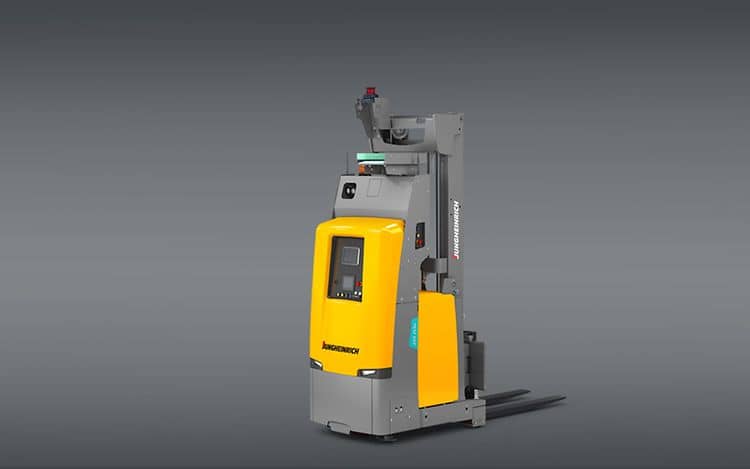
Founded in 1939 in Wolfsburg, Germany, Schnellecke Group AG & Co. KG is a family-run logistics, production, and real estate services provider focused primarily on the automotive industry. As of 2022, the group employs ~17,300 people across more than 70 offices in 12 countries, with annual revenue of around €1.24 billion
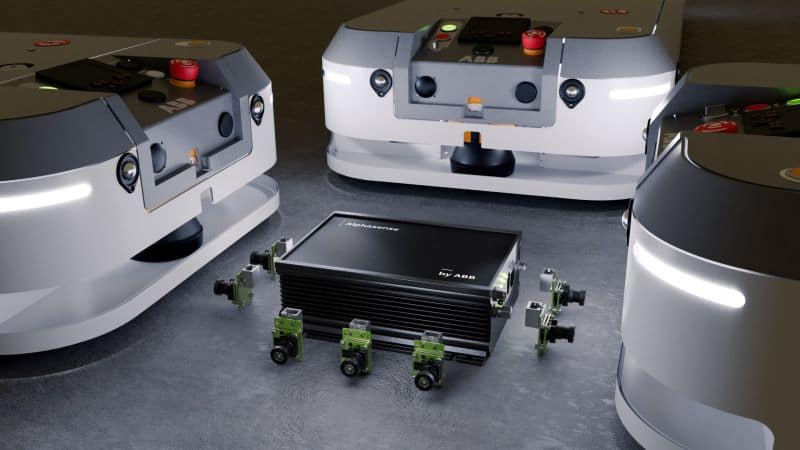
By bringing this into ABB’s ecosystem, Sevensense accelerates the next evolution of AMRs capable of operating at industrial scale with autonomy, reliability, and adaptability.
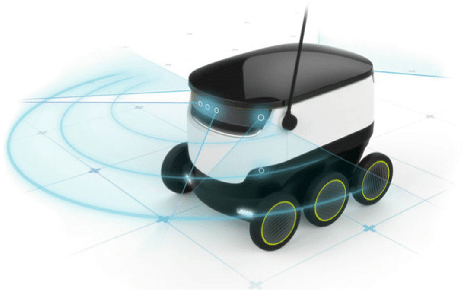
The Starship Robot is an advanced autonomous delivery robot developed by Starship Technologies, a company founded in 2014 by Skype co-founders Ahti Heinla and Janus Friis. Designed to revolutionize last-mile delivery, Starship Robots are compact, six-wheeled, battery-powered vehicles that can carry small parcels, groceries, and food items directly to customers’ doors with minimal human intervention.
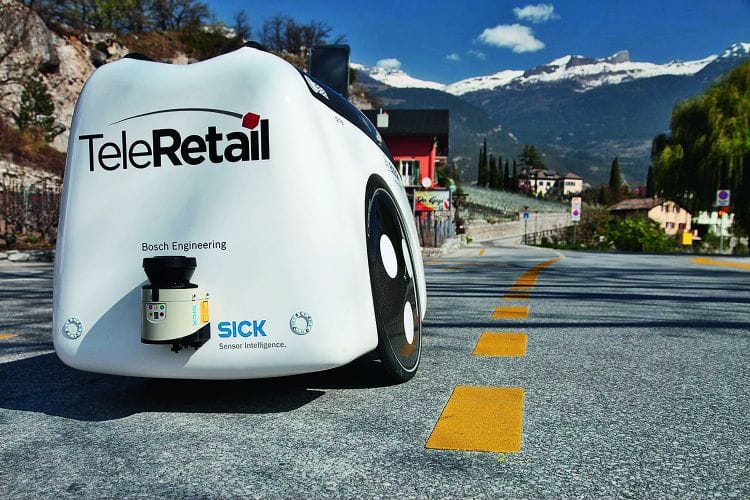
TeleRetail envisions a future where its autonomous delivery robots play a significant role in urban logistics. The company aims to automate entire supply chains, from short-distance last-mile deliveries to long-distance transportation, contributing to sustainable and efficient logistics solutions.
Newsletter
Newsletter
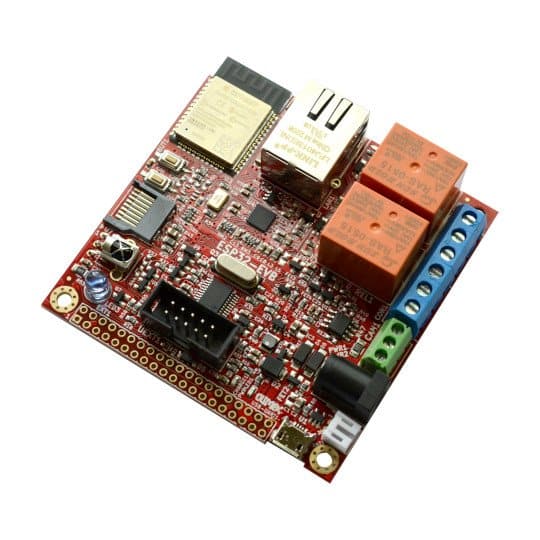
ESP32-EVB is an industrial-grade development board with Ethernet, relays, CAN bus, and microSD — perfect for robotic automation, gateways, or industrial IoT systems with rugged connectivity needs.
Olimex ESP32-EVB

Combines ESP32 with LoRa transceiver and OLED screen. It’s designed for long-range telemetry and low-power robotics like delivery drones, field monitors, and agricultural bots.
Heltec WiFi LoRa 32 (V3)
Events


